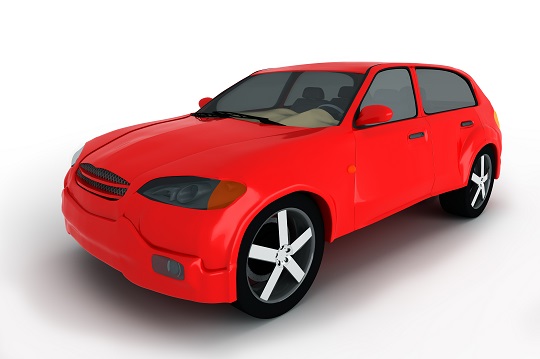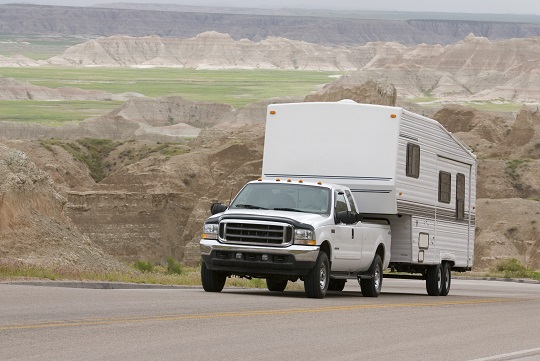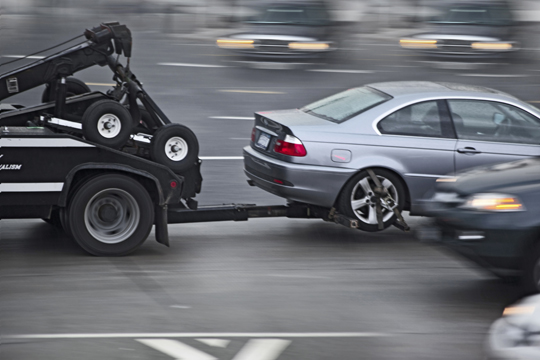A crossover vehicle’s towing capacity is an important consideration you will need to make when deciding whether or not to use your car for towing at high capacity.
The average car weighs roughly 4000 lbs. Before crossover vehicles, if you wanted to tow something above say a lawn trailer (2500 lbs) you would have to purchase a large pick-up or full-sized SUV, sacrificing both comfort and handling. However, with the advent of crossover vehicles you can enjoy the best of both worlds. Crossover vehicles offer an average towing capacity of 5000 lbs.
Most crossover vehicles come with a “sport” mode which feeds more horse-power to the engine, allowing the car to tow higher capacities, or move more easily over rough terrain than on the standard setting. If you are looking to spend an average of about $25,000 and are interested in towing boat trailers, small car trailers, or camping trailers a crossover vehicles is the way to go.
Need Something Towed?
If you’re not ready to make an investment of that magnitude, however, you can find an extremely affordable towing service using TalkLocal. Simply tell us what you need and when you need it, and we will connect you with reputable towing services in your area in just minutes — for free!







